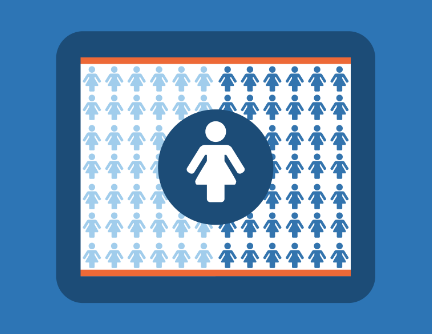

A clinical trial is a research study that asks a very specific question. For example, clinical trials may test new drugs or new treatments, or sometimes they test treatments that have been used for many years, but for which there is limited evidence.
Clinical trials involve patients and have potential risks and benefits. They take place in clinics, hospitals, universities, or medical centers. Early phase clinical trials may take a couple of months. Later phase clinical trials usually involve a small number of patients, whilst Phase III clinical trials may take many years and include hundreds of patients. This is the way clinicians and researchers can be sure that their observations are accurate and not just coincidence.
Clinical trials look for better ways to prevent, diagnose, or treat medical conditions. They may also look at ways to improve quality of life for patients. Most major medical advances have resulted from a clinical trial. Clinical trials enable patients and clinicians to work together to answer an important medical question. Patients often feel that taking part in a clinical trial is something positive. Their participation may provide future patients with more options.
There are different types of clinical trials. There are four main steps called phases. If a treatment works well in one phase, it moves on to further testing in the next:
Sometimes, trial phases are combined, such as Phase I/II.
Some Phase II and all Phase III trials assign patients to different treatment groups. This process is called randomization. This is done so that the groups have identical numbers of younger/older and taller/shorter people, and so on. If the two groups are the same as each other, this allows a fair comparison. If you or your doctor choose the group you are assigned to, the groups will not end up the same - and then the comparison will not be fair. This means a patient is assigned to a treatment group by chance rather than choice; a computer determines which group the patient is assigned to.

To take part in a clinical trial involving randomization, you must be willing to be allocated to either approach. Generally, you have an equal likelihood of being assigned to either study group.
There are many kinds of clinical trials. Each clinical trial studies a specific group of patients. Not everyone is eligible for a clinical trial. This might be due to medical conditions, overall health, or other reasons. Taking part in a clinical trial is a personal decision. If you are invited to join a trial, your health care provider should discuss the potential risks and benefits with you and your family members. You should feel completely comfortable volunteering for the trial. If you would like to take part in a clinical trial, ask your doctor. You can also visit clinicaltrials.gov or breastcancertrials.org to learn more about which clinical trials are available for your condition.
There are advantages and disadvantages to taking part in a trial. You may have access to investigational drugs or devices before they are widely available to the public. You may receive closer follow up care, and you may take a more active role in your health care as a result of study participation. Contributing to research that may potentially benefit others in the future may also be an advantage. However, it is also important to consider disadvantages. These include the potential side-effects of new treatments. It is important to think about the time involved in taking part in a trial. Your out-of-pocket costs (insurance, travel, parking) should also be considered.
Many protections exist to guard the rights of patients in clinical trials. During a clinical trial, patients will have their health monitored by the study team. Clinical trials have external groups that review patient experiences during the trial. This is done to ensure the rights and welfare of study participants are maintained. Patients, as well as health-care providers, may be included on these committees. Their job is to monitor the safety of patients in clinical trials.
Additional safeguards exist so patient rights are protected. For example, informed consent forms are checked to make sure they are signed properly. This review of risks and benefits is carried out before the trial begins. Participation in a clinical trial is voluntary. A person can withdraw from the trial at any time and for any reason. It is your right to discuss any questions about the trial with your doctor.